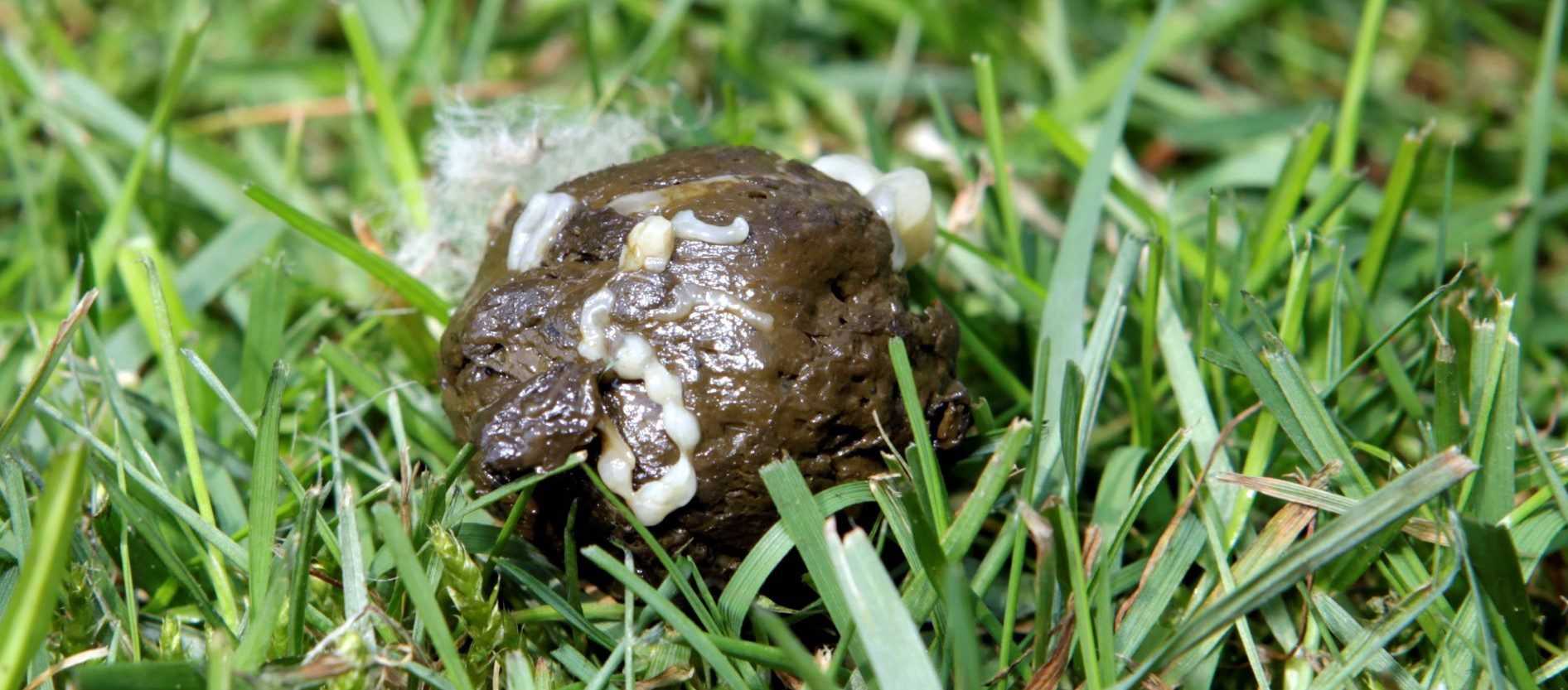The tapeworm found in sheep and goats is Moniezia expansa. These are flat, white worms consisting of a head followed by a chain of individual segments. Each segment contains tens of thousands of tapeworm eggs.
In the tapeworm cycle, forage mites act as intermediate hosts. The intermediate host is a free-living mite that consumes most of the tapeworm eggs from the droppings. These mites occur in very large numbers in the Netherlands and are mainly found in hay, straw, and old pastures. The mites are ingested by sheep or goats while grazing and then develop into adult tapeworms. Tapeworm eggs are subsequently excreted in the droppings, and the cycle repeats. The tapeworm is the only worm species that can be seen with the naked eye in the droppings of young lambs.
Tapeworm infections usually cause few problems. They mildly damage the intestinal lining and absorb nutrients from the food passing through the digestive tract. In cases of severe infection, symptoms such as loss of appetite, lethargy, reduced growth, and blockages may occur. Lambs quickly build resistance to the tapeworm.
With worm testing, tapeworm eggs can be detected in the stool. At Worm&Co, we routinely test for tapeworms. If we find that your animal is infected with tapeworms, we will provide you with a personalized treatment recommendation. This way, the health of your animal(s) comes first and unnecessary worming is avoided. Treatment is rarely advised by us. Feel free to contact our team if you have any questions; we are happy to help!
